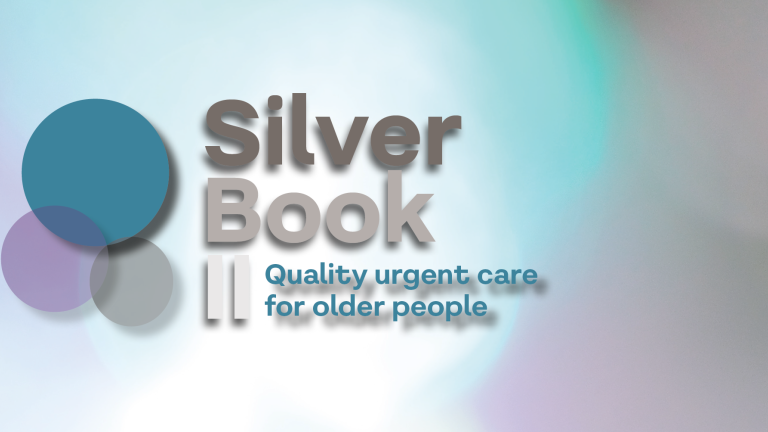Patient-centred care
The challenges of providing care to the increasing population of older people are not only observed in the design and delivery of care pathways, but also in understanding and funding them.
The UK’s National Institute for Health and Care Excellence (NICE) describes the balance between cost and clinical effectiveness in care for all patient groups and uses the concepts of Quality Adjusted Life Years in rationalising funding.
Michael Porter put forward his theory on ‘value in healthcare’ as "health outcomes achieved which matter to patients relative to the cost of achieving those outcomes." This has led to the development of the ‘standard set of outcome measures in older people’ and is meant to support commissioning care pathways that deliver a set of minimum outcomes that matter to older people.
The ICECAP-O (ICEpop CAPability measure for Older people) is, as the name suggests, a measure of ‘capability’ in older people. It is based on the ‘capability approach’ (Stanford, US and Birmingham, UK) and has been operationalised for use in economic evaluation. It is based on five attributes:
- Attachment (love and friendship)
- Security (thinking about the future without concern)
- Role (doing things that make you feel valued)
- Enjoyment (enjoyment and pleasure); and
- Control (independence).255
On a similar note, the Active Ageing Index also influenced by the capability approach, attempts to capture the ‘untapped’ economic benefit provided to society by older people.
These represent real attempts at capturing the relationships between ageing, cost effectiveness of care delivery and celebrating the positive impact of ageing on society. They offer tools to understand ageing and its economic association from alternative and useful perspectives to improve utilisation of resources and support older people achieve their potential to lead more meaningful lives.
Health and social care themes that matter to older people
To take account and consideration of what is relevant to older people while at the same time evaluating the services delivered to older people requires an understanding and appreciation of what older people consider important.
A scoping review of the literature suggests that older people are interested in coping with their multiple chronic conditions, functional capabilities, experience of pain, emotional health, cognition, social functioning, quality of life and self-perceived health.256 The very old are more interested in functional capabilities and social functioning, with the younger old interested in coping with their multiple chronic conditions and experience of pain. In an earlier related study there were also some differences between the importance attached to these various areas between healthcare professionals and older people and their carers.257
The Adult Social Care Outcomes Toolkit (ASCOT) and ICECAP-O, as described above, are tools that assess both health and wellbeing and have been suggested as being particularly suited for evaluating social care and institutionalised services, with ICECAP-O being able to assess differences in wellbeing between subgroups of older people.258
A study exploring what key measures were important to older people, their carers and healthcare professionals suggested that functional capabilities, experience of pain, hospital length of stay, polypharmacy, falls, emotional health, loneliness, autonomy and control, carer burden, frailty, participation in decision making, mortality and place of death were important considerations.259
Comprehensive Geriatric Assessment used in the care of older people is an excellent framework to cover most of these areas of most importance to older people so that their care plan can reflect this, as well as providing opportunities to use some of these as measures to assess the quality and effectiveness of the services delivered.

